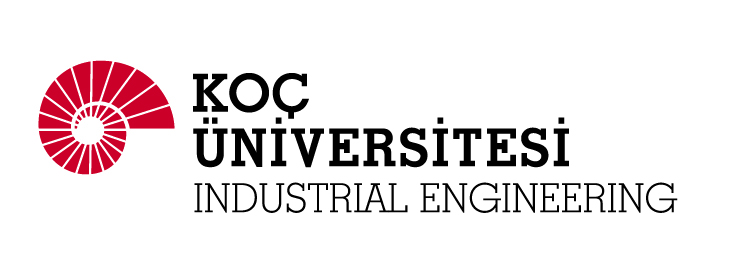Common Core Courses
ACWR 101
Basic Academic Writing
Conventions of academic writing, content, organization, and style. Appropriate standards for acknowledging and citing scholarly sources. Skills are reinforced through different course themes which encourage critical reading, analysis, and the acquisition of informed opinion.
ACWR 106
Academic Writing for Science and Technology
Building on skills developed in ACWR 101, ACWR 106 presents more advanced reading and writing tasks while introducing students to the types of writing, research, and analysis used in scientific disciplines.
TURK 100
Turkish Speech and Composition
This one semester course has two modules that are designed to build up students’ oral and written competence in their mother tongue for effective high level scientific and professional communications.
HIST 300
History of Modern Türkiye
Analysis of history of the Ottoman Empire and Turkish Republic from the 19th century until 2000’s. Modules including Empires and Nation States; Citizenship and Minorities; Secularism; Elections and Democracy. The main goal is to familiarize students with these universal concepts while going through history of Türkiye.
SOSC
Social Sciences
The study of ‘Social Sciences’ include courses from a variety of fields such as sociology, anthropology, archaeology and international studies, where human behavior and the functions and interactions of social structures are studied. This area aims to expose students to basic theories in the social sciences, methods of analysis, critical assessment and interpretation as well as building linkages between complex social phenomena. Potential subject matters in courses include, but are not limited to, understanding of human behavior, organization of social structures, interaction of the individual and the society, international organizations, and interaction of the societies in relation to the contemporary world. These topics would enable students to understand, evaluate and respond rationally to the personal or public issues facing them on a daily basis.
HUMS
Humanities
The study of ‘Humanities’ covers a broad range of academic disciplines and topics that examine human experience and culture from a critical and historical perspective. Areas of study typically include, but are not limited to, history, philosophy, law, arts, literature, ethics, and linguistic and cultural studies. Courses offered under this category of the core program examine contemporary and historical texts that represent human efforts to understand the world in diverse ways through ideas, values, cultures, heritages, and ethical ideals. While covering a range of topics in past and contemporary societies, humanities emphasize to think and read critically, engage with texts creatively, and write and speak clearly and expressively. Humanities help students build an intellectual foundation for free inquiry, understand the factors shaping the thought, culture, belief, and society and recognize the interplay between them in an informed and critical way.
ECSA
Economic and Strategic Analysis
Economics and Strategic Analysis’ area includes courses that focus on the interaction among individuals in the marketplace and in the political arena, which involves the strategic decision making as the major driving force. Potential subject matters in these courses include, but are not limited to, the fundamental economic principles and concepts, political concepts and ideas, game theoretic analysis of individual and institutional interactions, analysis of different economic and political systems throughout the history. These courses aim to familiarize students with the issues and factors shaping the domestic and global economic, business and political relations, and how these reflect the character, choices, morals, and the philosophy of the individuals as well as nations.
ASIU
Aesthetic and Interpretive Understanding
Courses offered under this category will familiarize students with the cultural fabric of Türkiye and the world, introduce students to a number of artistic and literary traditions, and help them understand and appreciate the thoughts, feelings, and beliefs expressed in a variety of artistic and literary fields in an informed and critical way. It is essential for these courses to expose students to critical assessment, aesthetic criteria, and to develop ability for interpretive understanding; express the significance of different artistic and literary forms as a reflection of human intellect, heart, and soul; and emphasize the meaning and value of appreciating diverse approaches. These courses should encourage creativity and offer hands-on experience or field studies as well. They aim to enrich the artistic and literary appreciation of our students.
ETHR
Ethical Reasoning
Courses offered under this category aim to contribute in molding individuals who are equipped with the ability to identify, evaluate and develop ethical arguments from various ethical positions by providing them the opportunity to investigate competing ethical conceptions from both theoretical and practical perspectives. Ethical principles and concepts such as justice, rights fairness, equality, freedom and happiness are considered. The focus is on fueling and furthering the participants’ drive and ability to critically determine and value the reasons for or against applying those principles with tangible results in the form of informed decisions under an ethical framework when faced with concrete ethical dilemmas. The ultimate goal of ‘Ethical Reasoning’ courses is to help the participants reach a level where they can personally reason on social, political or moral beliefs by challenging and testing their dogmatic constructions as well as their perceived worldview and put forth their own claims for consideration on such beliefs and the issues derived therefrom.
